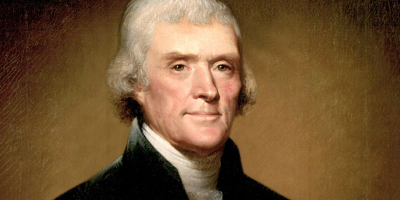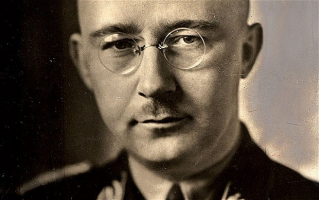Top 9 Interesting Facts about Jefferson Davis
Jefferson Finis Davis, the first and only president of the Confederate States of America, was a Democratic politician who served as Mississippi's senator and ... read more...representative in the House of Representatives and as secretary of war. He was also a hero of the Mexican War. For more information, let's find the most interesting facts about Jefferson Davis.
-
Jefferson Davis, a U.S. senator, opposed Mississippi's secession less than two months before he took office as president of the Confederacy. Following the election of Abraham Lincoln in 1860, Mississippi Governor John J. Pettus and other state officials pushed for speedy secession, but Davis, a slaveholder, advised prudence.
He was one of 13 U.S. senators who worked on a committee after South Carolina left the Union in December 1860, although he firmly felt that states had the constitutional right to secede from the Union. Following Mississippi's decision to secede in January 1861, Davis proclaimed that his dedication to his state forced him to follow its ruling and resign from the U.S. Senate.
Jefferson Davis may have argued for the union's maintenance and opposed secession for practical reasons. Due to his time serving as Secretary of War, he would have been aware that the South was underprepared to combat the North. The majority of the railroad lines, the weapon production, and the majority of men lived in the north. He was aware of the enthusiasm of the people he represented, but they also lacked readiness. It's probable that he was trying to peacefully salvage the South to preserve the union.
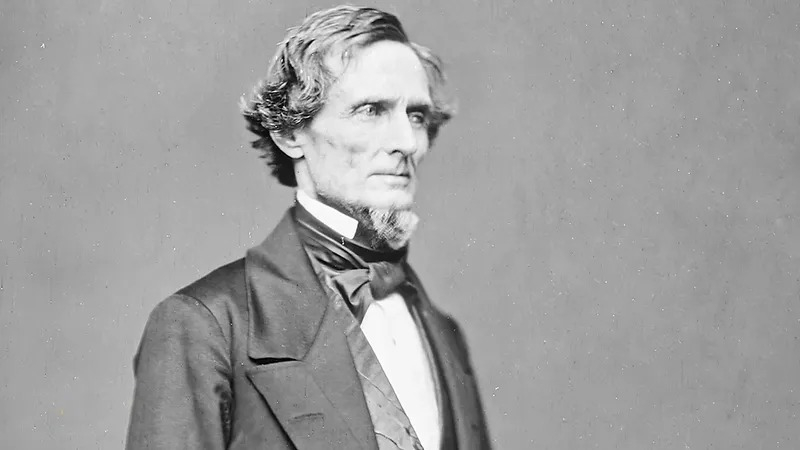
Photo: Britannica 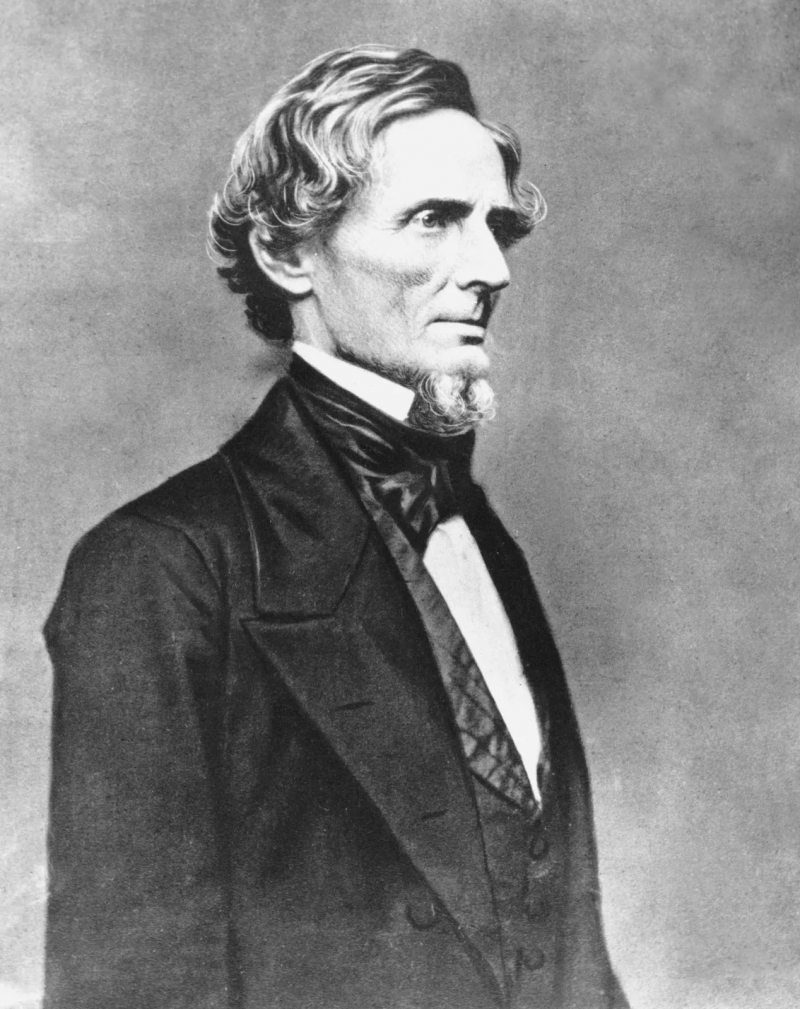
Photo: Britannica -
Being arrested for participating in the “Eggnog Riot” is one of the interesting facts about Jefferson Davis. The United States Military Academy had a strict alcohol policy in place following a boisterous Fourth of July celebration the year before, but adolescent Davis was one of the cadets of the West Point who smuggled alcohol into the barracks for a holiday drinking party before reveille on Christmas morning in 1826.
Davis was taken into custody in his room by the police after they discovered the unlawful gathering. However, about a hundred additional inebriated cadets defied the officers' commands and started to smash windows, destroy furniture, and even draw swords at their superiors. Although Davis was imprisoned for more than six weeks, his cooperation when he was detained probably saved him from sharing the fate of a dozen of his fellow cadets, who were expelled for their involvement in the "Eggnog Riot."
Another time, Jefferson Davis allegedly became so inebriated that he tumbled 60 feet into a ravine. He didn't miss an opportunity to join a good party, and he heartily supported the other cadets' idea to bring alcohol to the holiday party.
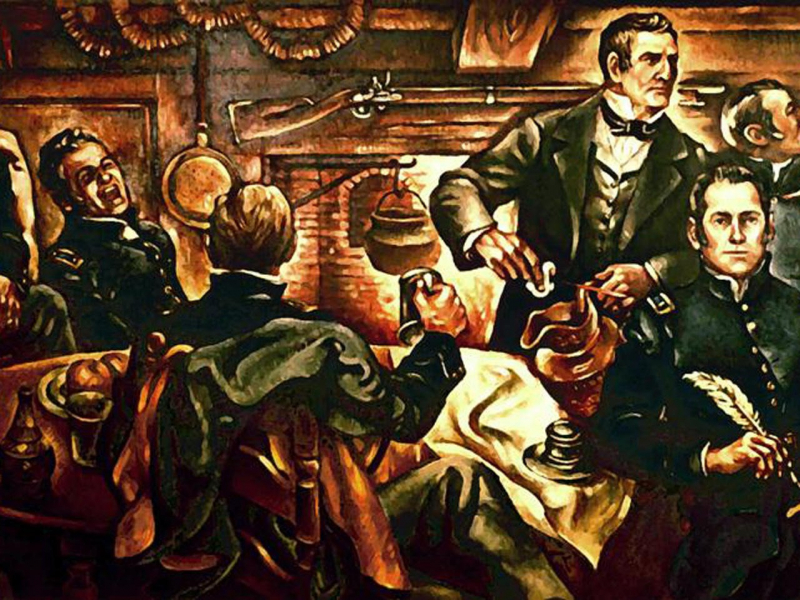
Photo: CBS News Source: History Pod -
Jefferson Davis had no children with his first wife, Sarah Knox Taylor, who passed away from malaria only three months after their wedding. In the second marriage, three of Jefferson and Varina's six children passed away before they were adults.
His son, Samuel Emory, was born on July 30, 1852. Margaret Howell, who was the only member of her family to marry and start a family, was born on February 25, 1855. She had five kids with her husband, Joel Addison Hayes, Jr. (1848–1919). In Memphis, Tennessee's St. Lazarus Church—also known as "The Confederate Officers' Church"—they were wed. They relocated from Memphis to Colorado Springs in the late 19th century. At the age of 54, she passed away on July 18, 1909. Jefferson Davis, Jr., was born on January 16, 1857. On October 16, 1878, he passed away from yellow fever at the age of 21 during an epidemic in the Mississippi River Valley that claimed 20,000 lives. Joseph Evan, who was born on April 18, 1859, passed away on April 30, 1864, at the age of five, as a result of an accident.
William Howell was born on December 6, 1861; he passed away from diphtheria at the age of 10 on October 16, 1872. Several months after the passing of her brother Joseph, Varina Anne, also known as "Winnie," was born on June 27, 1864. Since she was born during the conflict, she was referred to as the Daughter of the Confederacy. She never wed because her parents forbade her from entering an abolitionist family in the North. At age 34, she passed away on September 18, 1898, nine years after Jefferson Davis.
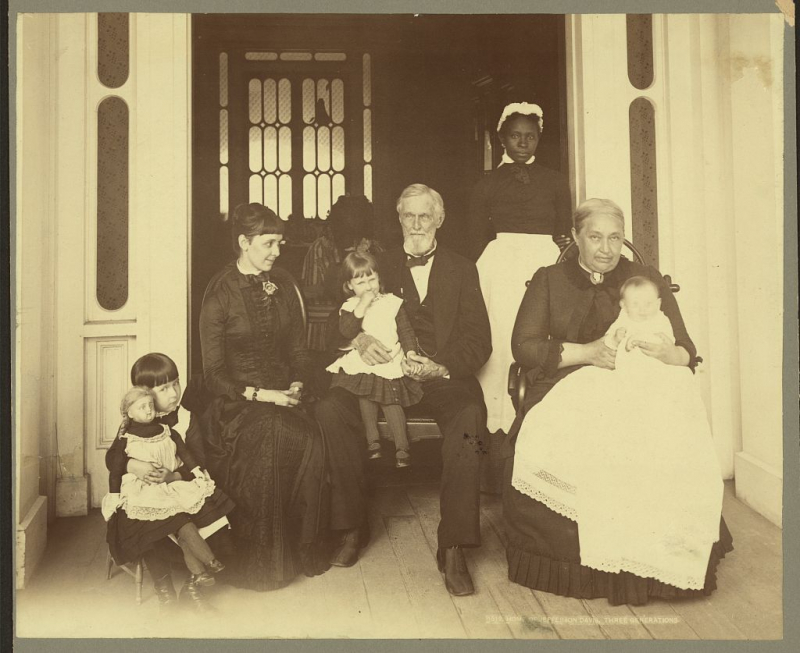
Photo: Library of Congress 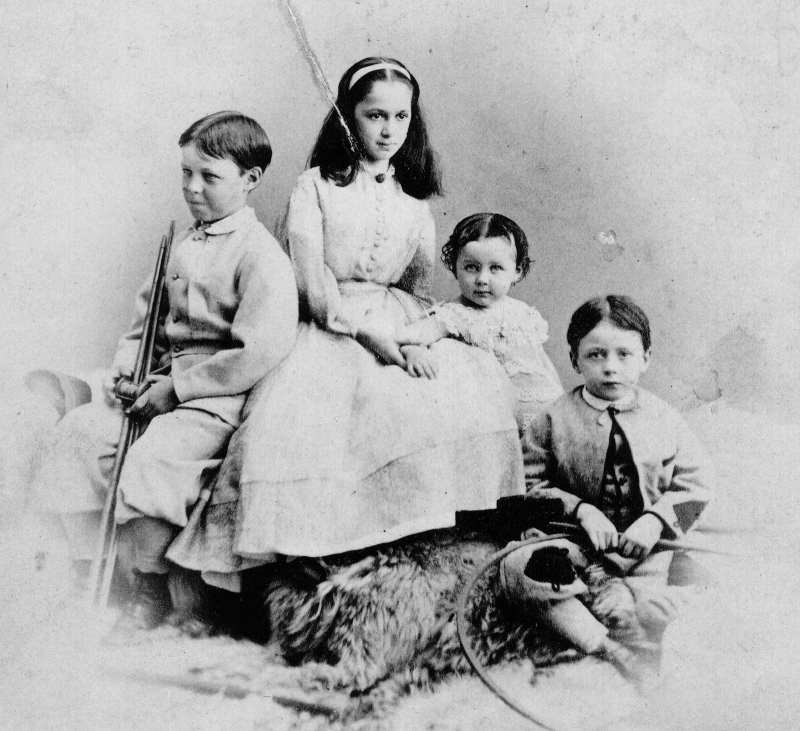
Photo: Britannica -
He didn’t complete a full term in any of his elected positions - one of the interesting facts about Jefferson Davis. In recognition of Davis' military service, Mississippi Governor Albert G. Brown appointed him to fill the seat of Democratic U.S. Senator Jesse Speight, who had passed away on May 1st, 1847. Davis, a fellow Democrat, assumed his interim position on December 5. He was later chosen by the state assembly to complete the remaining two years of the term in January 1848.
On December 3, 1849, at the start of the first session of the 31st United States Congress, the Senate appointed Davis head of the Committee on Military Affairs. He was elected to a full six-year term on December 29. (by the Mississippi legislature, as the constitution mandated at the time). When Davis resigned (in September 1851) to run for governor of Mississippi over his opposition to the Compromise of 1850, he hadn't even been in office for a year.Jefferson Davis is chosen as the Confederate States of America's president on November 6, 1861. According to the Confederate constitution, Davis was elected to a six-year term on November 6, 1861. He served as president until the Confederate government was formally abolished on May 5, 1865.
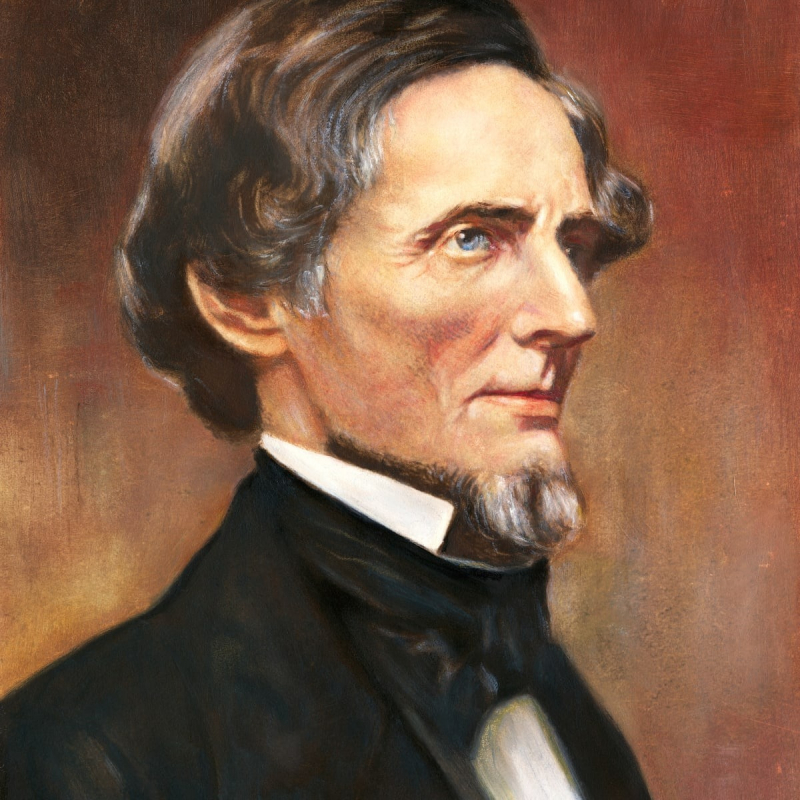
Photo: History Source: Biography -
Jefferson Davis was not the one who proposed that the US Army utilize camels rather than horses and mules to traverse the dry regions. However, he is the one, who after being appointed Secretary of War under President Franklin Pierce, was successful in obtaining congressional authorization to import camels from the Middle East, leading to the founding of the US Camel Corps in 1856.
Davis, a native of Mississippi, was interested in the integration and growth of the Southwest, maybe in an effort to extend the Southern economy and the slave system which relied on the Pacific. But he and others battled to find solutions to what was known as the "tyranny of distance" in the days before railroads.
Four years later, as Secretary of War, he was successful in getting a $30,000 budgetary allocation for the purchase and testing of a small camel herd. For the goal of purchasing many camels "for army transportation and other military reasons," Jefferson Davis refitted a ship and sailed it to North Africa and the Levant in 1855. The project was only given up after the Civil War started. Later, as railroads advanced, reviving the Camel Corps seemed wholly unnecessary.

Photo: JSTOR Daily 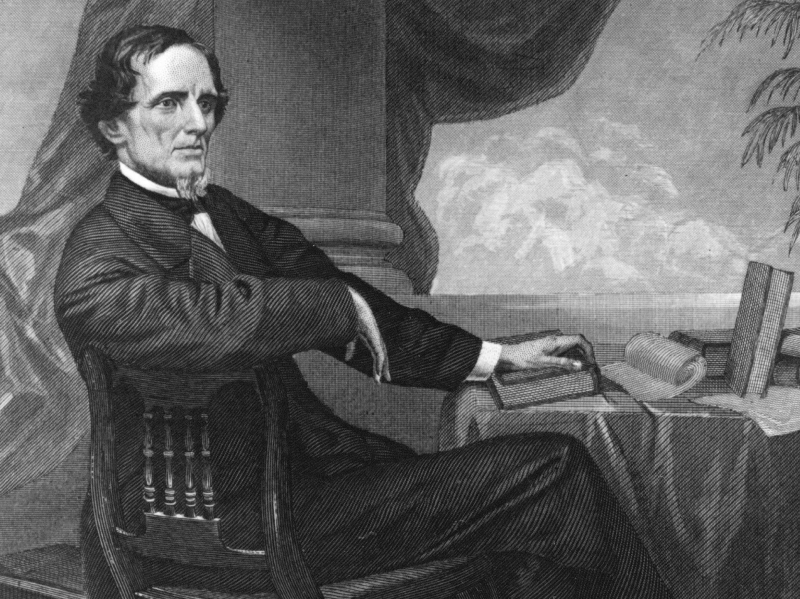
Photo: ThoughtCo -
Jefferson Davis was elected to the US House of Representatives and took his place in Congress in December 1845. He left Congress, in order to fight in the Mexican-American War, which broke out in 1846. Under his previous father-in-law, General Zachary Taylor, he was a colonel.
At the Battle of Monterrey in September 1846, Jefferson Davis led his troops to success in an attack on Fort Teneria. He fought valiantly at the Battle of Buena Vista in February 1847, was wounded in the foot, and received widespread praise for his actions. My daughter, sir, was a better judge of men than I was, General Zachary Taylor remarked after being so impressed with his work.
He entered the Senate and quickly rose to the position of chairman of the Military Affairs Committee after returning to Mississippi severely injured. Davis unsuccessfully sought the office of governor of Mississippi in 1851. In 1853, President Franklin Pierce appointed him secretary of war. Davis oversaw three surveys for railroads to the Pacific, upgraded coastal defenses, and increased the size of the army. He was a strong supporter of the Gadsden Purchase as well.
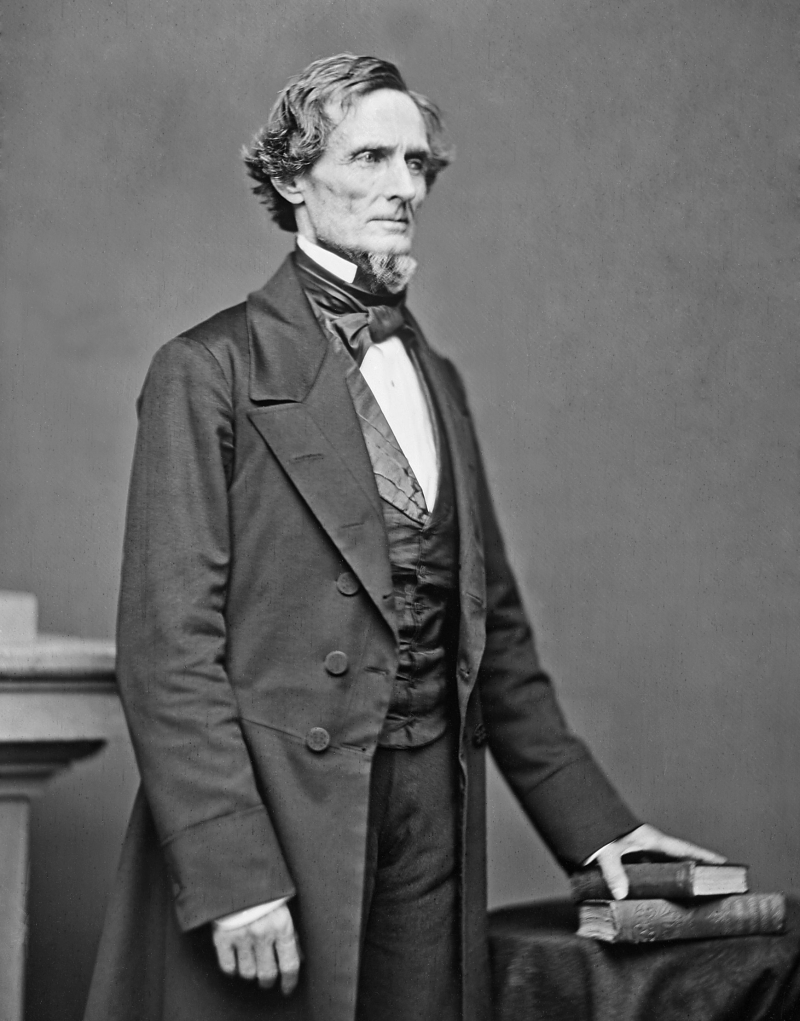
Photo: Wikipedia Source: History -
After being taken prisoner by Union soldiers in 1865, Jefferson Davis was transported to Fortress Monroe in Hampton, Virginia, where he was held captive for the following two years. It's also one of the interesting facts about Jefferson Davis. General Nelson A. Miles, the fort's commander, gave the order to have irons fastened on his ankles.
Davis was only permitted the Bible and no other books. Despite the attending doctor's warnings that his life was in danger as he grew sicker, this treatment was prolonged for a few months until late autumn, when he was ultimately moved into better accommodations. Midway through 1866, General Miles was reassigned, and Davis's care got better.
Thomas Pratt, a former governor of Maryland, represented Jefferson Davis when he was charged with treason while he was incarcerated. The idea of holding treason trials, particularly against Jefferson Davis, was heavily debated in 1865. The House of Representatives voted 105-19 in favor of such a trial against Davis on June 11, 1866, despite the fact that there was no agreement within President Johnson's cabinet to do so. There were no treason trials against anyone, despite Davis' desire for one for himself, as it was believed they would likely fail and obstruct attempts at reconciliation. Davis was released from prison after two years on $100,000 bail.
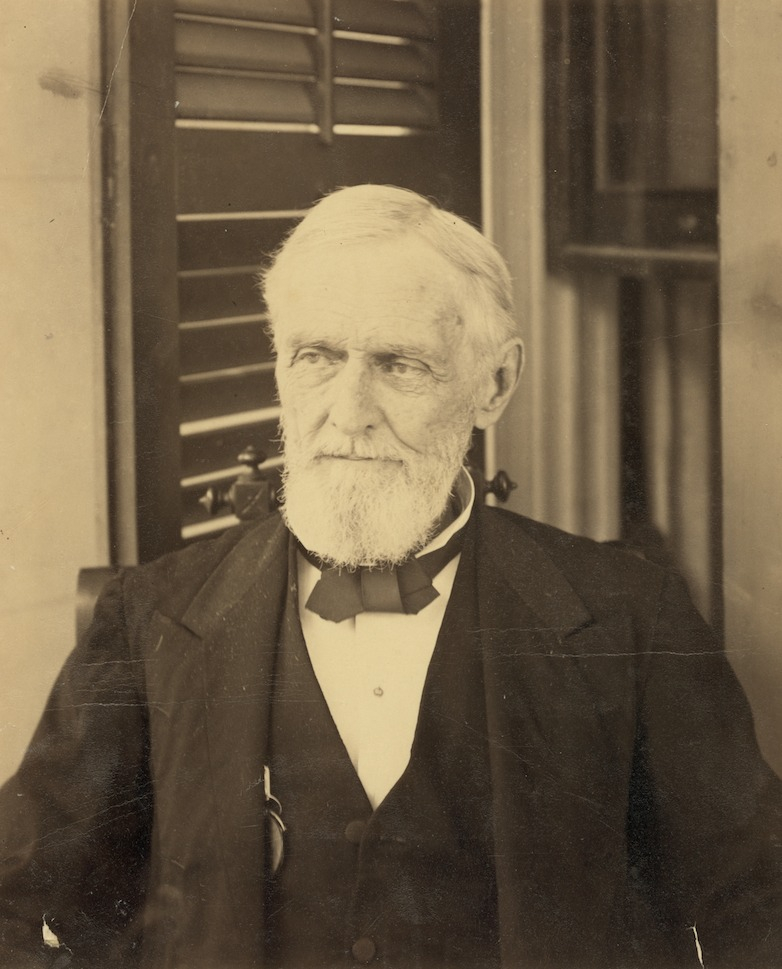
Photo: Mississippi Encyclopedia Source: Today I found out -
Following his release from prison and pardon, Jefferson Davis continued to experience financial hardships and an uneasy family dynamic. Jefferson Davis Jr. passed away in 1878, his son William Howell Davis in 1872, and his older brother Joseph passed away in 1870.
For a while, his wife Varina refused to live with him in Memphis, Tennessee because she was either ill or away. Davis disliked having to rely on charity and would only take employment that were appropriate for his previous roles as a U.S. Senator and Confederate President; several of the jobs he took turned out to be financial failures.
Jefferson Davis was specifically left out of an 1876 amnesty bill that gave back citizenship to Confederate leaders, and the former president of the Confederacy did not contest the ruling: "“It has been said that I should apply to the United States for a pardon. But repentance must precede the right of pardon, and I have not repented,” Davis told the Mississippi Legislature in 1884, before adding, “If it were all to do over again, I would again do just as I did in 1861.” For more than a century, Davis was a man without a nation, but on October 17, 1978, President Jimmy Carter signed a law that gave Davis his American citizenship back.
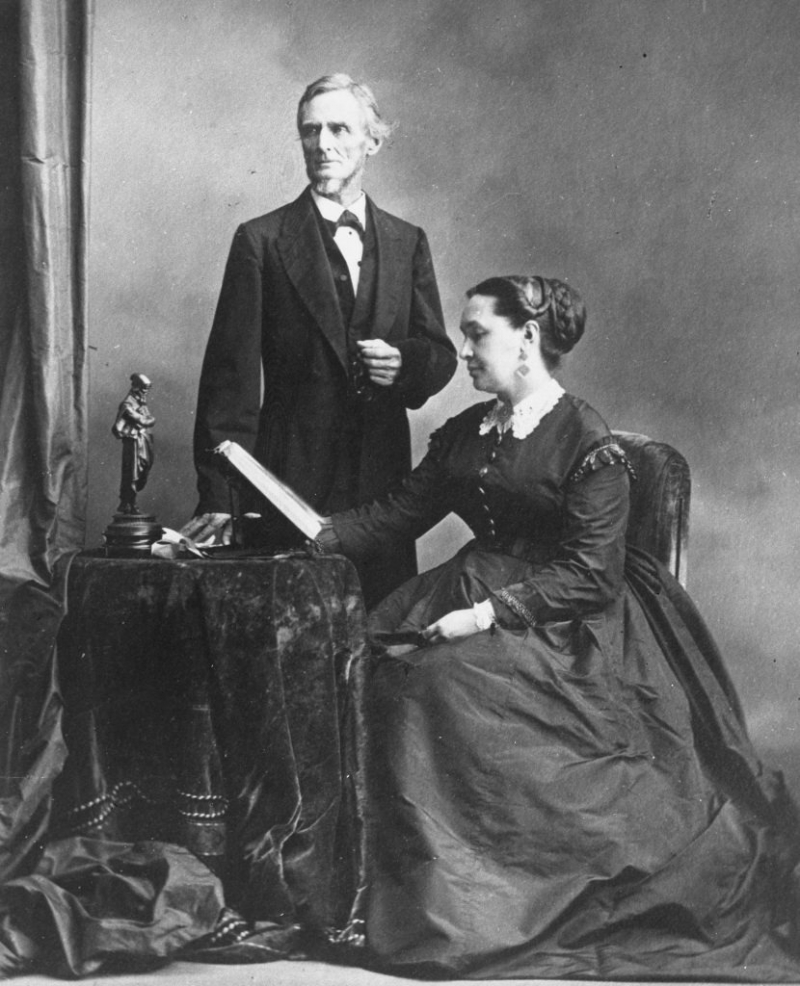
Photo: Encyclopedia Virgina 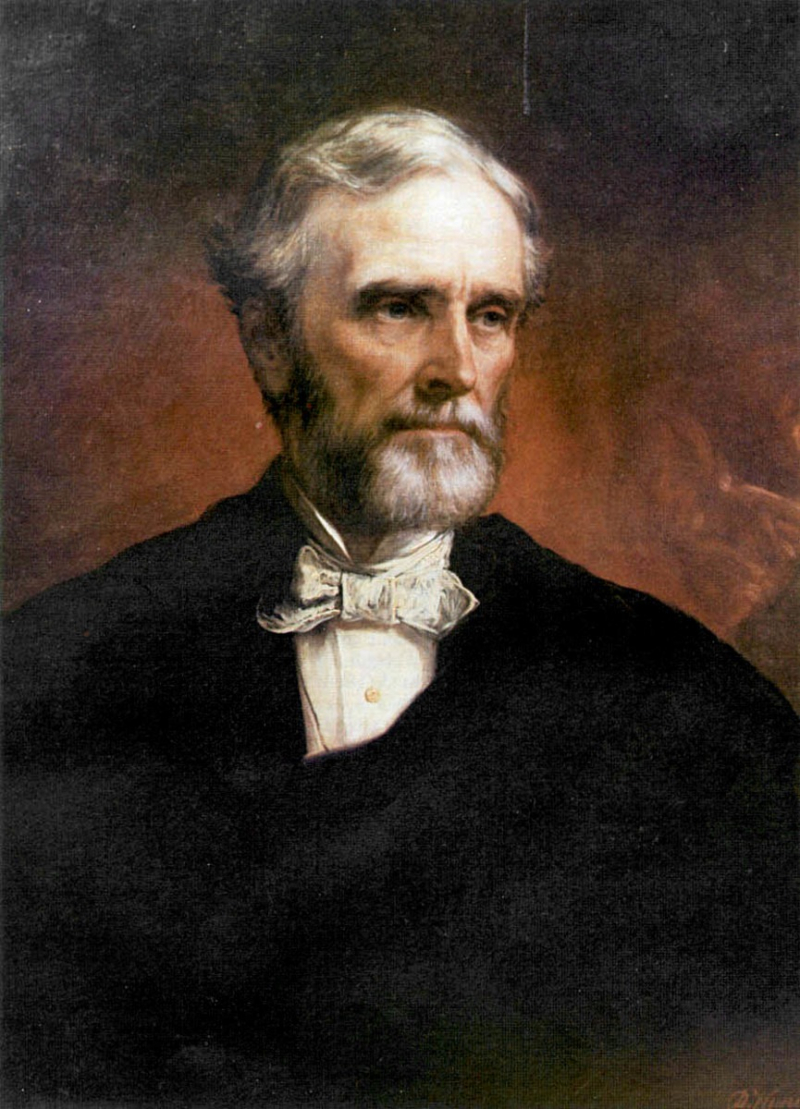
Photo: History -
After serving his time in prison, Jefferson's health and the financial situation deteriorated. When the widowed American novelist and historian Sarah Dorsey heard about Davis' problems, she made an invitation for Davis to remain at Beauvoir, her house in Biloxi, Mississippi.
The remainder of his life was spent here, where Davis also published his biography "A Short History of the Confederate States of America" (1889) and the book "The Rise and Fall of the Confederate Government" (1881). Jefferson Davis passed away from severe bronchitis in New Orleans, Louisiana, on December 6, 1889, when he was 81 years old. He passed away while holding his wife Varina's hand in the presence of several of his friends.
Being one of the largest funerals ever held in the South, Jefferson Davis's remains were laid to rest in City Hall for several days while New Orleans was covered in black. An American flag was flown over the Confederate flag during the viewing, along with numerous other crossed American and Confederate flags, since the Executive Committee wanted to underscore his ties to the United States. Although initially buried in New Orleans at the Army of Northern Virginia tomb at Metairie Cemetery, Davis was reinterred in 1893 at Hollywood Cemetery in Richmond, Virginia, at the request of his widow.
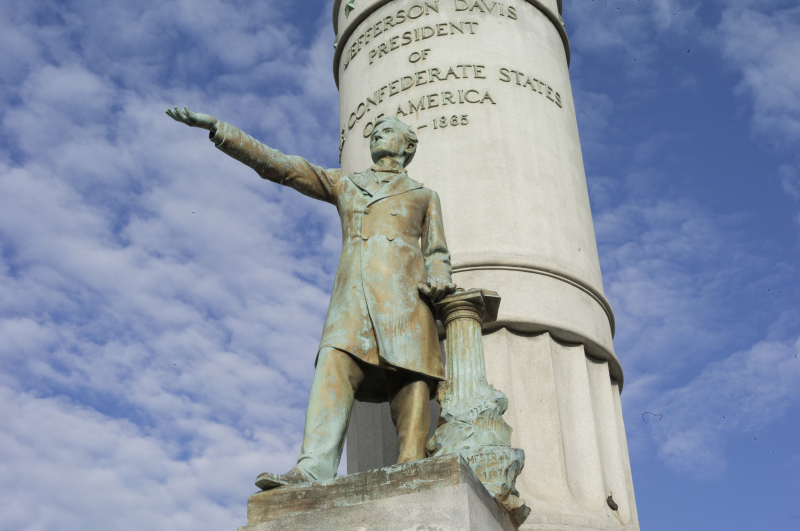
Photo: Newsweek 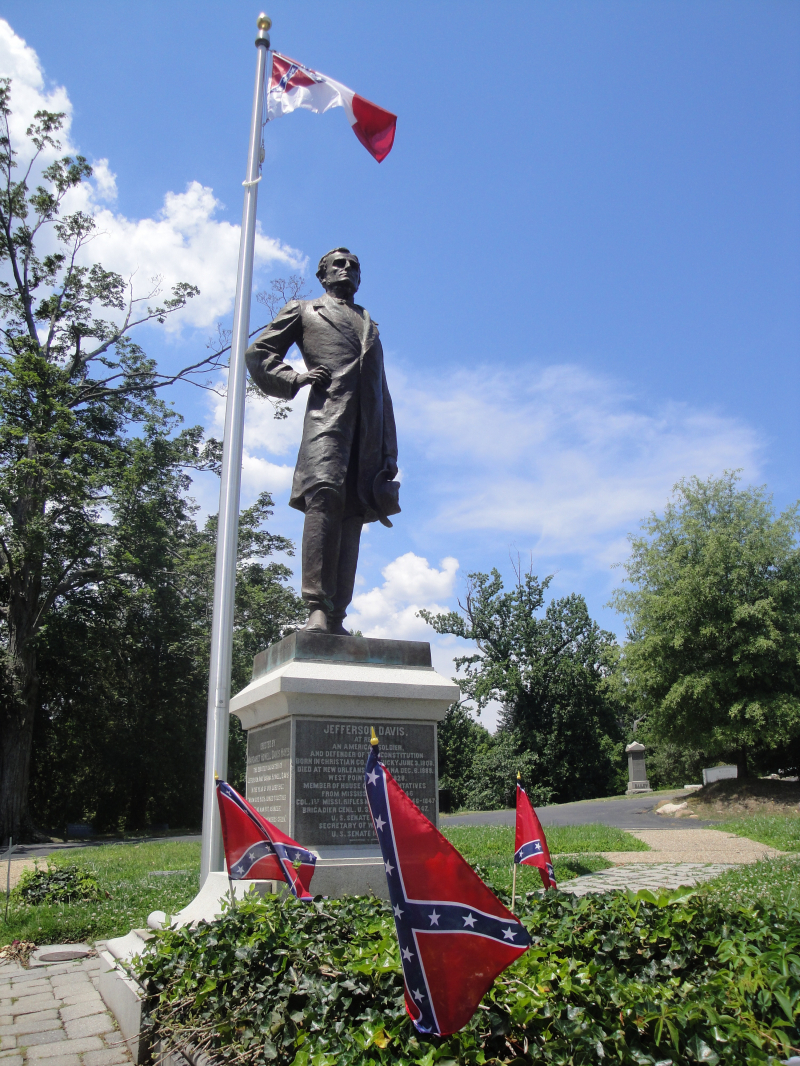
Photo: Find a grave











